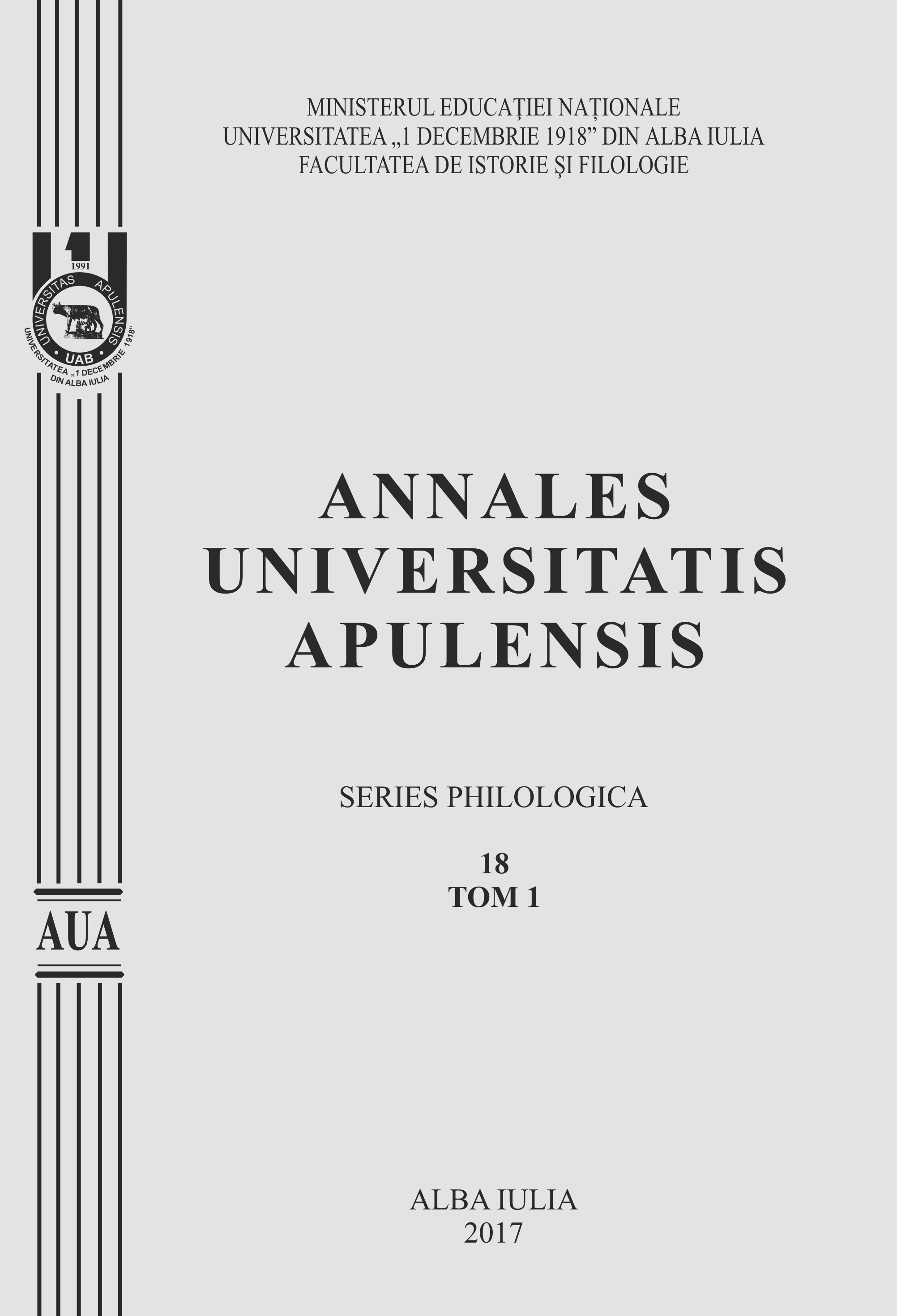HYPOSTASES DE LA TEMPORALITÉ DANS «AVANT» DE J.-B. PONTALIS
HYPOSTASES OF TEMPORALITY IN "AVANT" BY J.-B. PONTALIS
Author(s): Mirela Sanda SălvanSubject(s): Language and Literature Studies
Published by: Universitatea »1 Decembrie 1918« Alba Iulia
Keywords: time, memory; idealization; narrative
Summary/Abstract: This article is a reflection on temporality starting from J.-B. Pontalis’s book, with incursions in the works of Paul Ricœur, Sigmund Freud and Muriel Gilbert. Time and memory are the red thread of Pontalis's book, consisting of sixteen texts which question our relationship with life, passage of time, forgetfulness, childhood, origins, etc.The past is often idealized for reasons which psychoanalysis has identified very well. J.-B. Pontalis, himself a psychoanalyst, does not fall into the trap of this defense mechanism, which is idealization, trying to explain why the remembrance of the past is a fictional process, and things could not actually be different. If psychoanalysis, especially through the Freudian concepts, is the first summoned to explain the relationship which we have with time and especially with our past, we can recognize in Pontalis's reflections approaches of temporality and identity which precede it, such as that of Saint Augustine.When the psychoanalyst-writer speaks of a now, as a sum of yesterday, today and tomorrow, we very easily recognize here the Augustinian conception of the triple present. Just as we can recognize Ricœur's difference between the cosmic time and the soul’s time - conciliated in the theory of this author through the narrative – which is recalled when astrophysicists, biologists, paleontologists, archaeologists, historians etc. are convened with their theories of temporality.We will also discuss the chronology of memory, the timelessness and ananother beyond-time appearing in photographs, as well as in dreams (subject to a chronology so different from that measured by all time measuring instruments). With Ricœur’s theories which oppose life discontinuity to the narrative continuity, we will review the means Pontalis considers for rebuilding the past (notes, letters, photographs). To the inevitably selective and fallible nature of memory, the author opposes what he calls a total memory, illustrated with a fiction of Borges.We will appeal countlessly to the Freudian work to show how, in the psychoanalytic vision, so close to Pontalis's approach, the identification of clear mechanisms which regulate the functioning of memory is very difficult. Idealization, mnesic trace, screen memories are just some of the Freudian concepts we will discuss to be able to understand, together with J.-B. Pontalis, the perception that we have about time, our personal life and life in general.
Journal: Annales Universitatis Apulensis. Series Philologica
- Issue Year: 18/2017
- Issue No: 1
- Page Range: 411-416
- Page Count: 6
- Language: French

